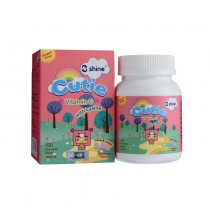

Eating in large quantities “could give you gastrointestinal symptoms if you are sensitive to the high fiber content, so best to have no more than one a day,” she said. Oranges are great for you, but you should enjoy them in moderation, Thornton-Wood said. Although too much dietary vitamin C is unlikely to be harmful, megadoses of vitamin C supplements might cause: Diarrhea. How much vitamin C should I take daily?įor adults, the recommended daily amount for vitamin C is 65 to 90 milligrams (mg) a day, and the upper limit is 2,000 mg a day. Diets high in anti-inflammatory foods, like clementines, may reduce the likelihood of developing cancer. Research links excessive inflammation to several types of cancer. Strawberries, raspberries, blueberries, and cranberries.Ĭlementines contain high levels of antioxidants, such as vitamin C, which play an important role in reducing inflammation.Citrus fruits and juices, such as orange and grapefruit.

What fruit is highest in vitamin C?įruits with the highest sources of vitamin C include: Its unique mix of antioxidants work much more effectively together than they do separately, found researchers at Brigham Young University in Utah. Is it better to eat an orange or take vitamin C?įood scientists have identified why eating an orange is much better for you than simply popping vitamin C and other pills. Other citrus fruits can also help you meet your vitamin C needs. Widely eaten, oranges make up a significant portion of dietary vitamin C intake. One medium-sized orange provides 70 mg of vitamin C, which is 78% of the DV (55). Just one orange has about 100 mg of vitamin C, which is 130 percent of that daily recommended intake.




 0 kommentar(er)
0 kommentar(er)
